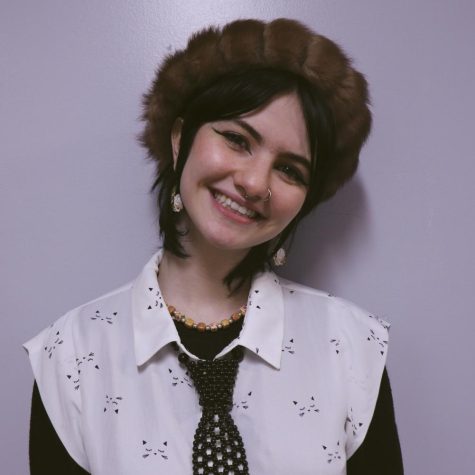9/11 from the perspective of a Muslim
September 22, 2021
Sept. 11, 2001, marked the start of a new era for Muslims in the United States. “Please don’t be a Muslim!” is the prayer that Muslim have become accustomed to reciting when watching the news about a bomb or mass shooting following the terrorism that took place on 9/11. Shortly after al-Qaida terrorists attacked the Twin Towers and the Pentagon, many Muslims were hit with a tidal wave of hatred that still lingers today. The myth that 9/11 “brought people together” operates a clear intention: to obscure the fact that 9/11 had the opposite outcome. The United States responded to the attacks by waging a two decades-long campaign of collective punishment against Muslim communities worldwide.
In March 2016, Trump claimed on CNN, “I think Islam hates us. There’s something there that — there’s a tremendous hatred there. There’s a tremendous hatred. We have to get to the bottom of it. There’s an unbelievable hatred of us.”
For Muslims who grew up after the tragedy of 9/11, the last 20 years have been a time of many ambiguities — dignity and panic, harassment and apprehension, unity and endurance. They grieved the violence on their country but also suffered Islamophobia, no-fly lists, the “Muslim ban” and stereotyping. According to the Southern Poverty Law Center, Mosques were burned or destroyed. Severe death threats and harassment followed many Muslims with some victims even being held at gunpoint. Even as the United States moves further from the attacks and the Muslim American population in the country grows, prejudice against my community has not diminished.
At ten years old I was called a “terrorist” for the first time. I didn’t understand what that meant but I knew I was being insulted. When I told my mother, her eyes filled with anger; I watched as she began yelling at my principal through the phone. However, this did not change anything as I would be subjected to extreme islamophobia for the rest of my education.
Every time 9/11 or Osama Bin Laden is mentioned in a class, all eyes are on me. I was born a year after the attacks, yet my peers treated me as if I had caused it. This is a shared experience for Muslims across the world.
Never forget the lives lost on 9/11. However, we tend to forget about the millions of Iraqis, hundreds of thousands of Afghans, and countless number of Muslims slain in the name of “countering terrorism.” 9/11 is a day where we should also be cognizant of the violent islamophobia, racial profiling, and imperialism that followed. As we do so, let’s also celebrate the resiliency that these communities have shown in the face of hate and bigotry.








